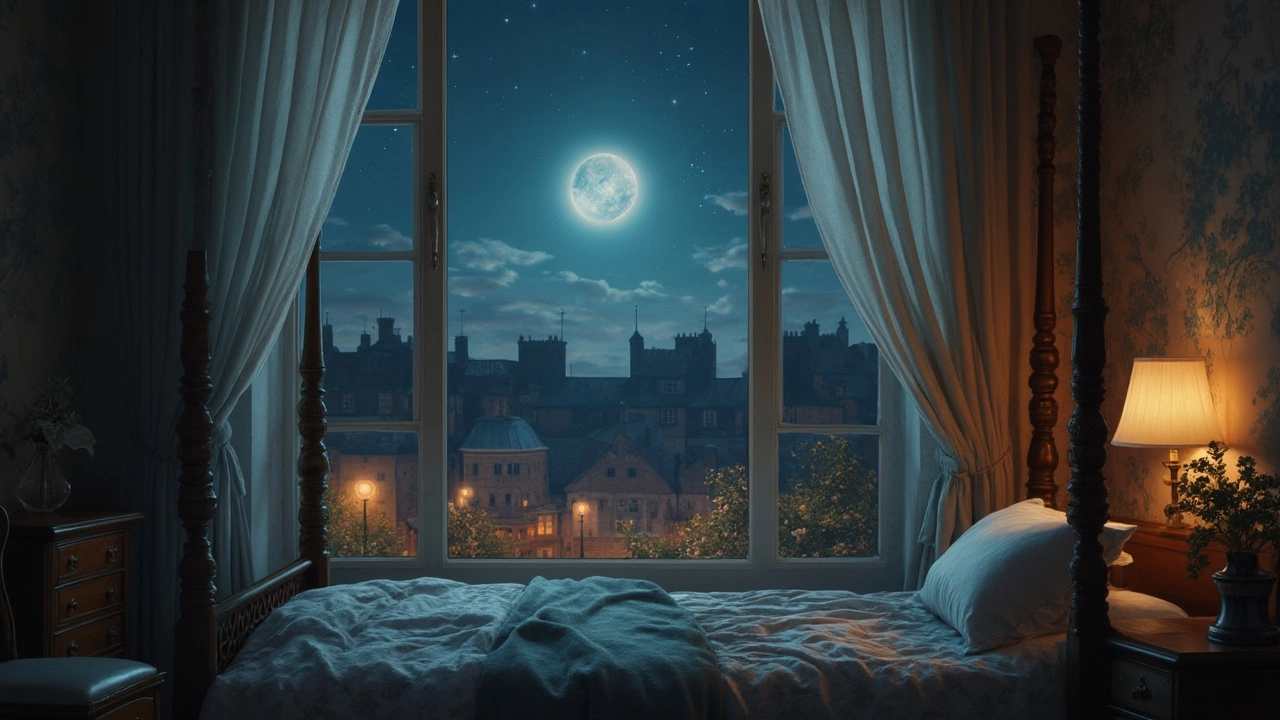Circadian Rhythm: Simple Ways to Boost Sleep and Mood at Home
Ever wonder why you feel groggy after a late night of scrolling on your phone? It’s not just the lack of shut‑eye – it’s the mismatch between your body’s internal clock and the light in your house. Your circadian rhythm runs on light cues, and when those cues are off, you’ll notice it in your energy, mood, and even how well you fall asleep.
Why Your Body Cares About Light
From the moment you open your eyes, light hits special cells in your eyes and tells your brain it’s daytime. Those cells fire off signals that keep hormones like melatonin in check. When you bathe your living room in harsh blue‑light bulbs after sunset, your brain thinks it’s still morning, so melatonin stays low and sleep gets pushed back.
Natural daylight changes throughout the day – bright, cool light in the morning and softer, warm light in the evening. Replicating that pattern inside helps your clock stay on track. That’s why many sleep experts recommend bright, cool lighting for workspaces and warm, dim lighting for evenings.
Easy Ways to Align Your Home with Your Clock
1. Swap bulbs wisely. Choose LED bulbs labeled “warm white” (around 2700‑3000 K) for bedrooms and living areas after 6 pm. For kitchens or home offices, pick “cool white” (4000‑5000 K) to keep you alert during the day.
2. Use dimmers or smart plugs. A quick dim to 30‑40 % after dinner signals bedtime. Smart bulbs can be set to shift from cool to warm automatically, so you don’t have to think about it.
3. Cover windows at night. Heavy curtains or blackout shades block outside streetlights that can still trick your brain. If you love natural light in the morning, pull the curtains wide as soon as the sun rises.
4. Limit screens before bed. Phones, tablets, and TVs emit strong blue light. Try a “no‑screen” rule 30‑60 minutes before you hit the pillow, or use a blue‑light filter if you must scroll.
5. Keep a consistent routine. Aim to turn on bright lights when you wake up and dim them around the same time each night. Consistency trains your body to expect sleep at a set hour.
These tweaks don’t require a full renovation – just a few smart choices at the switch. When your home lights work with your natural rhythm, you’ll notice faster sleep onset, deeper rest, and a steadier mood during the day. Give one tip a try this week and see how quickly your body thanks you.

Is It OK to Sleep with No Curtains?
Ever wondered if sleeping without curtains is a good idea? Let's explore the surprising benefits, potential drawbacks, and tips for deciding whether to let natural light pour into your bedroom at night. No curtains might be the secret to better sleep, but what about your privacy?
Categories
- Storage (30)
- Bathroom (21)
- Sofas (20)
- Curtains (15)
- Home Decor (12)
- Cushions (12)
- Mirrors (12)
- Bedding (11)
- Kitchenware (11)
- Rugs (10)
Popular Articles



